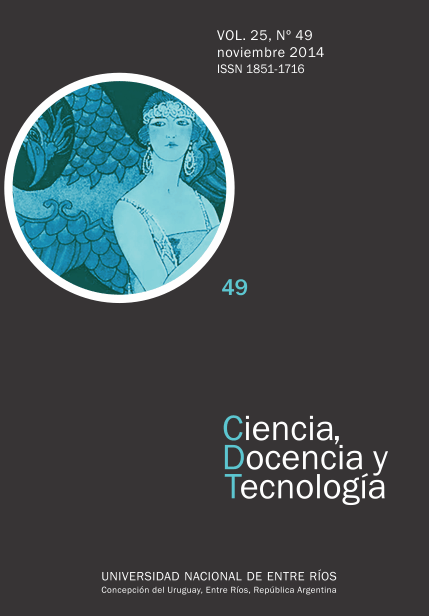Abstract
The political and economic course led by the administration of Carlos S. Menem, after his assumption in July 1989, meant for the political scientists’ community a stimulus to think about different core problems of the discipline, allowing an enrichment of the political sciences in Argentina in the nineties with new topics of discussion. In this article, we will try to approach two crucial questions that provided the backbone for the academic discussions during those years: 1) the reasons for the active and passive consensus given by a large part of the population, for over five years, to a government that carried out measures traditionally resisted and that would generate economic costs to wide layers of the society, and 2) the either negative or positive consequences for democratic consolidation generated by Menem’s administration. In each case, dissimilar responses will be analyzed as well as the epistemological assumptions sustaining those readings.The authors retain the copyright and grant the journal the right to be the first publication of the work, as well as licensing it under a Creative Commons Attribution License that allows others to share the work with an acknowledgment of the authorship of the work and publication initial in this magazine. All content is published under the Creative Commons 4.0 international license: Attribution-Non-Commercial-Share Alike.
Downloads
Download data is not yet available.

